How to think of the notion of Utopia when articulating the futures embedded within phygital urban environments?
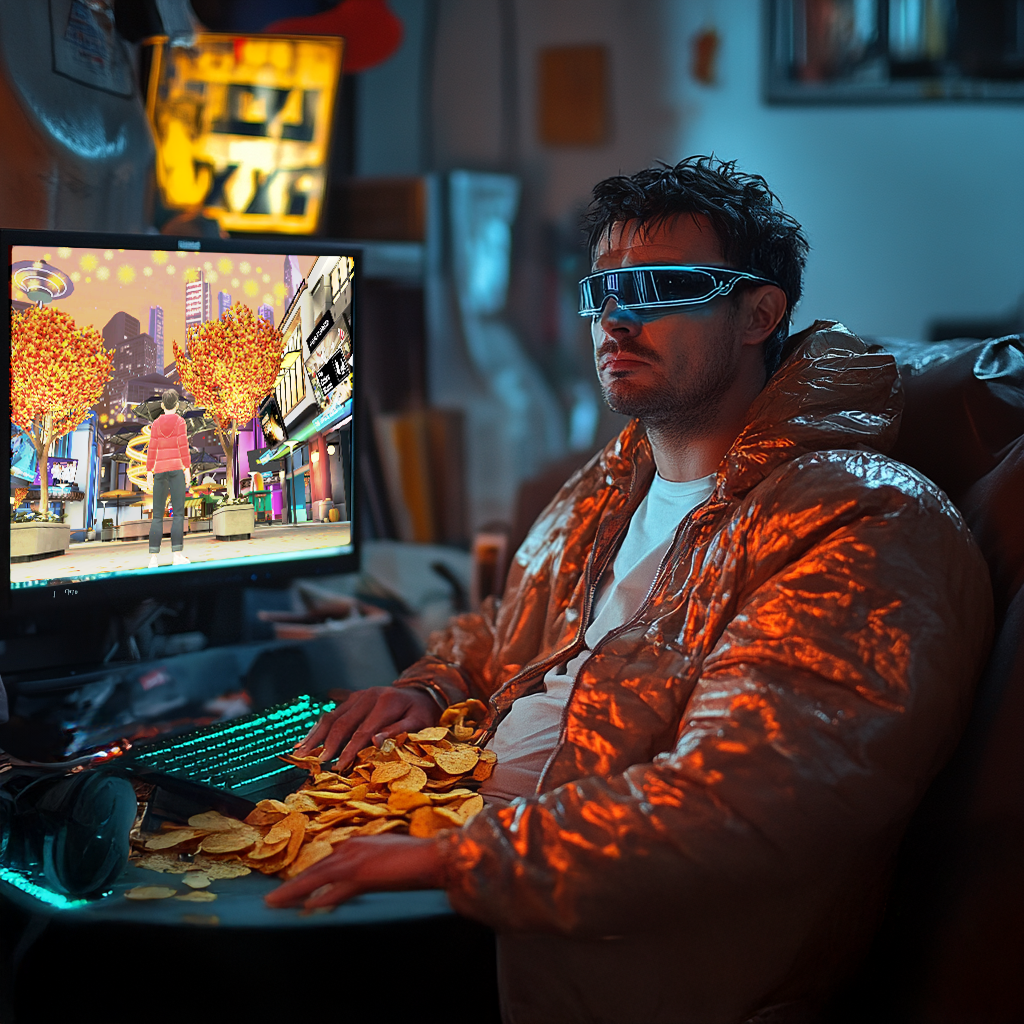
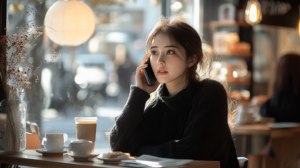
ACT 1 – POWER
Scene 1:
Phone call between Patrick and Carmen. Patrick is in his sleek, high-tech San Francisco apartment . Carmen sits in a park in Seoul, a city filled with the hum of rapid urban growth. The call is getting heated …
CARMEN: Futurability is the “horizon of possibility” where new futures can emerge despite the seemingly immovable structures of capitalism and technology.
PATRICK: Carmen, you’re missing it—technology isn’t a trap; it’s freedom. “Human lives are deeply integrated with artificial systems and environments.”(1) This is our future, a new way to live.

CARMEN: Carmen: Freedom? Patrick, that’s the illusion. “Power is based simultaneously on automation and on terror.”(2) This “freedom” you celebrate just traps us deeper into control by those who own the tech.
PATRICK: [frustrated] No, it’s progress. “The power of technology lies not in what it can do, but in what we can do with it.”(3) Everyone connected, everyone innovating. This isn’t control—it’s potential.
CARMEN: And you think this is real evolution? It’s erasure. “Technology has become the master of potency, replacing political will and reducing men to impotence.” (4) Algorithms dictate every choice. We’re not free; we’re managed.
PATRIK: But that’s only if we let it be that way. Look, code structures our world, If we’re intentional, technology can free our democracy, not just gate it. Technology is just a tool; it helps us record, remember, innovate, its how us humans utilise it that makes it a tool for the future.
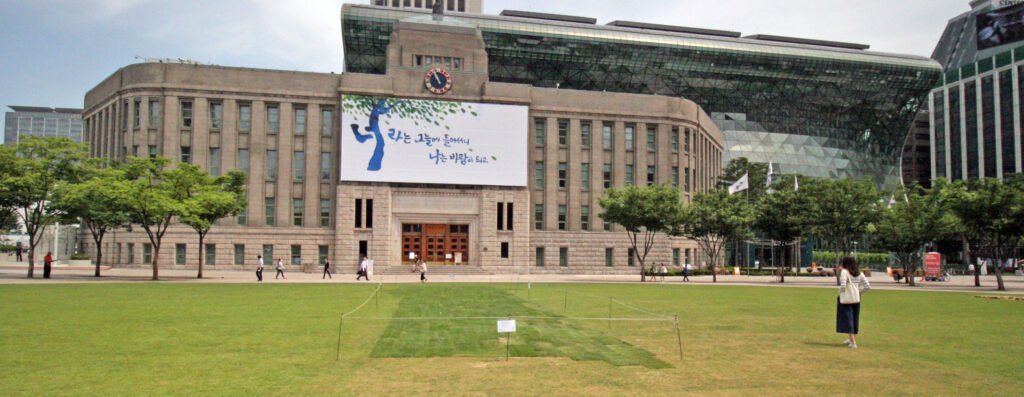
CARMEN: “Financial and economic relations are increasingly inscribed in code.” (5) Everything gated, every opportunity dependent on privilege—it’s the same story, only digital now.
PATRICK: So what’s your alternative? Stagnation? If we can create something better, shouldn’t we try?
CARMEN: Real progress isn’t an escape into virtual worlds. “The separation of the social brain from the social body”(6) is what’s destroying us. The more virtual we go, the further we drift from empathy, from humanity.
PATRICK: Why can’t we embrace something new?
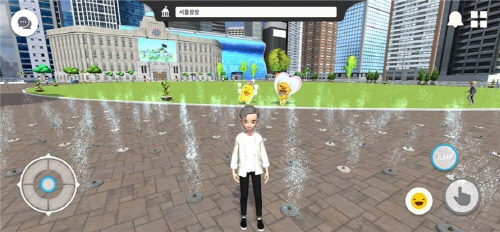
CARMEN: Because this “new” will only serve the few who control it. Real freedom requires collective solidarity, not isolation behind screens.
PATRICK: [pauses] Maybe… Lets test something, where are you exactly?
CARMEN: Im in the Seoul Plaza, just in front of the City Hall.
PATRICK: Did you know Seoul has a digital twin? I will join you through the Metaverse of Seoul, give me a minute…
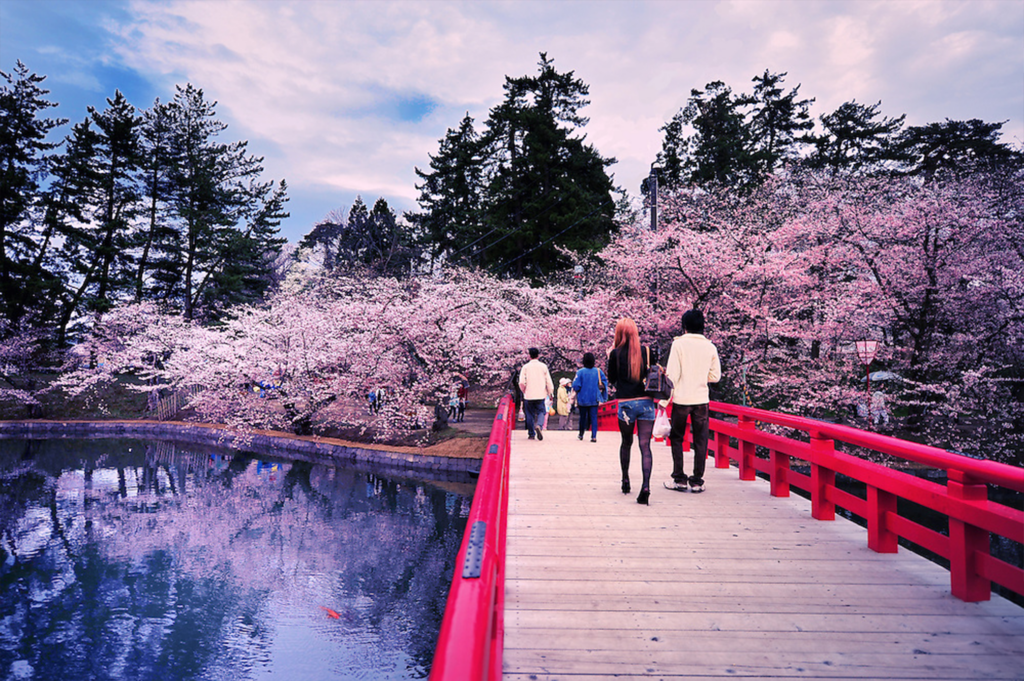
CARMEN: Sure, I see where you are going with this.
PATRICK: The Seoul Plaza is our meeting point, my proposal is for both of us to have a shopping experience in mirrored Seouls.
CARMEN: Let’s go. H&M is the nearest clothing shop. I’ll be walking through the cherry blossom park
PATRICK: [joins the metaverse and walks through the same pathway as Carmen] Hey, did you know you can now even pay taxes on Metaverse Seoul?
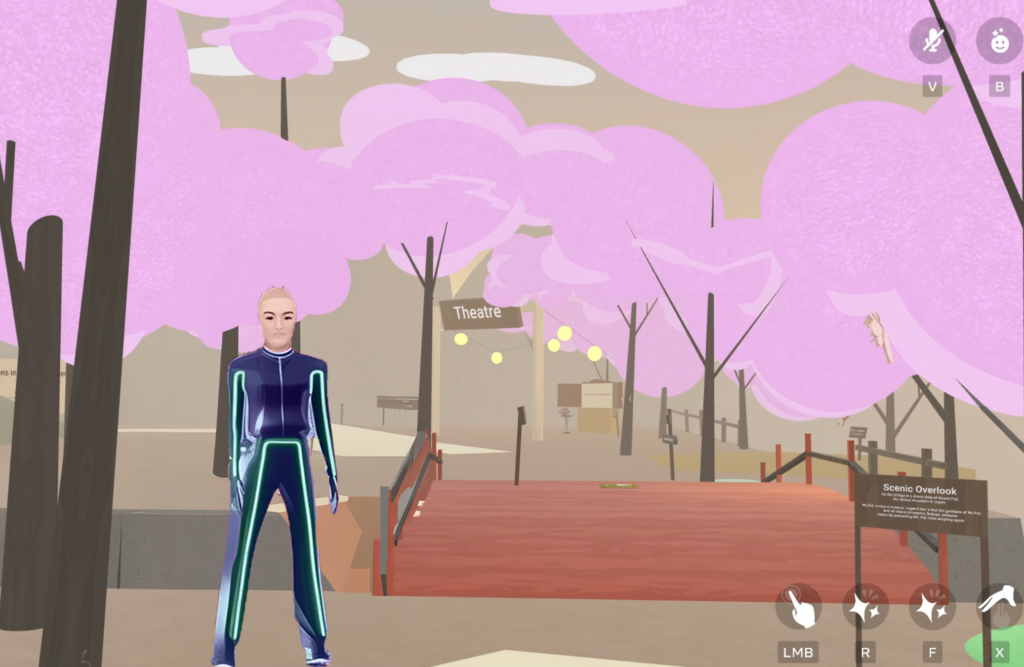
CARMEN: Interesting though suspicious.
PATRICK: Incredible how the virtual world offers immersive real-world experiences, allowing users to access public services seamlessly. Students can meet with mentors for virtual consultations, citizens can file civil complaints via chat, obtain official documents all within this digital environment!
CARMEN: To question who promotes this is frivolous, I already see what they are doing…power the force that limits the range of possible futures, imposing constraints on individual and collective agency.
PATRICK: You suggest that possibility is constrained by the current order, but virtual environments offer us “a new horizon of experience, presenting worlds that are as yet unformed but ripe with potential.”(7) In digital spaces, we can transcend physical constraints and bring previously unimaginable experiences to life. Don’t these technologies expand the possibilities of our world?
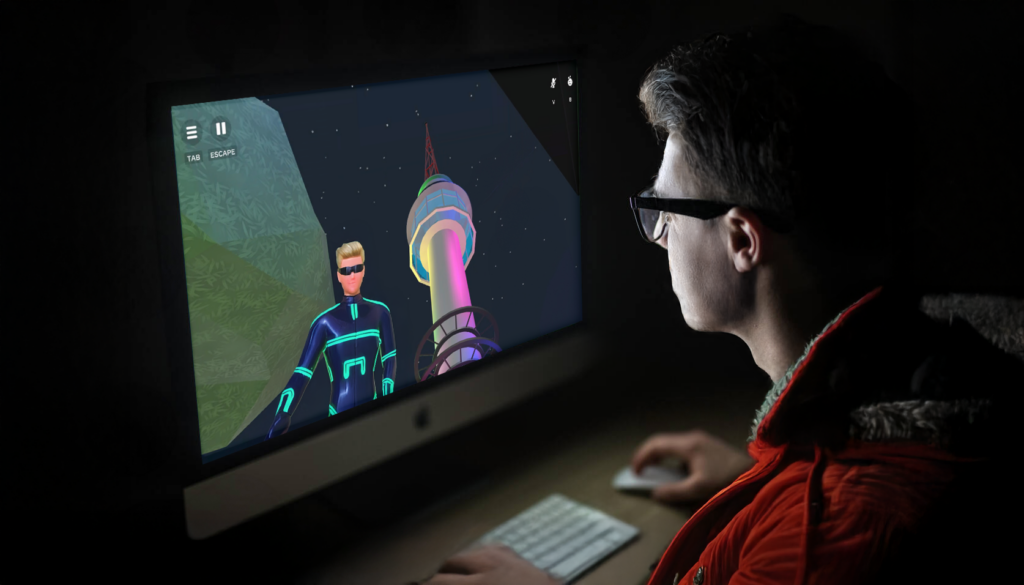
CARMEN: You dont see it, do you? “Power is the agency that reduces the field of possibility to a prescriptive order; power, therefore, is the actual source of sad passions, and their existence can be seen as an effect of the subjugation of the soul to the force of power.” (8)
Each lost in their vision of what the future holds.
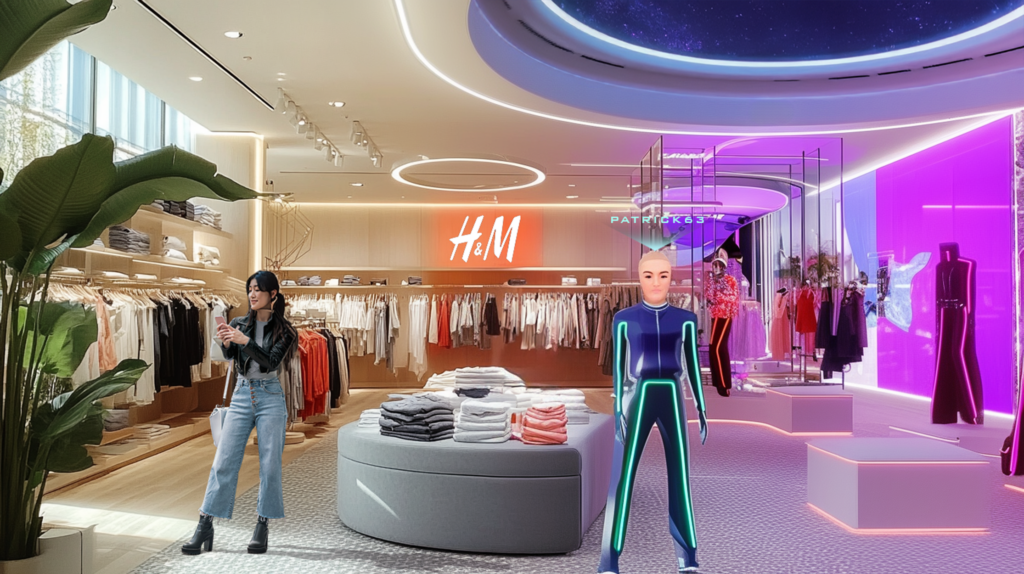
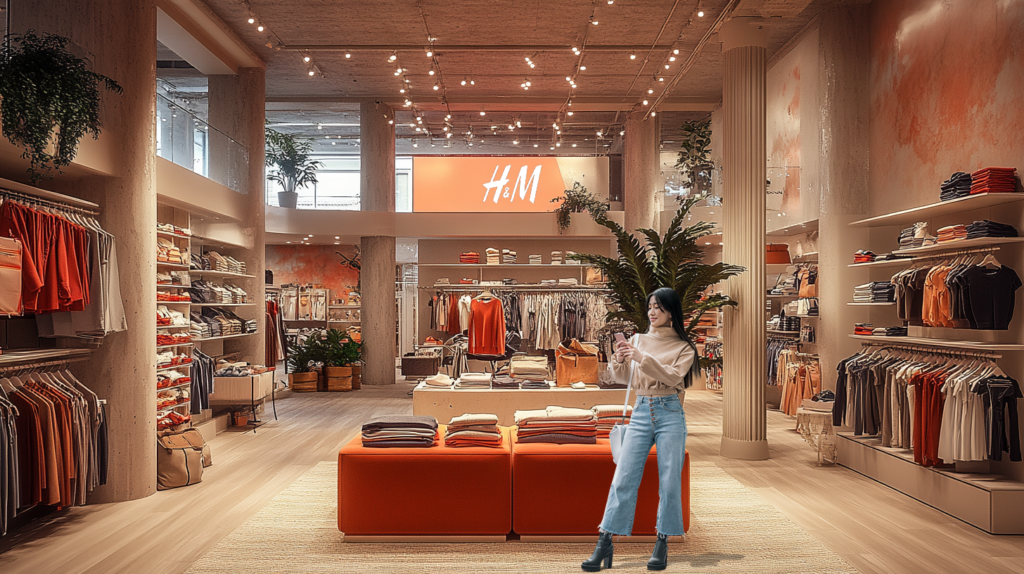
Scene 2:
After a frustrating discussion that would leave them running in circles, a true test to determine the experience a digital and reality poses on them to settle the debate in more practical terms that can be directly observed. They decided that a mundane task, like shopping, could serve as the ideal arena, a testing ground where theory meets action.
SHOP ROBOT: Patrick, look our Autumn collection of V neck T-shirts.
PATRICK: Carmen, the metaverse is incredible. “Digital networks can connect billions, improving efficiency and transforming sectors like commerce, virtual shopping experiences, AI-driven retail, and digital marketplaces”(9). I’m getting recommendations instantly, my a personal shopper.
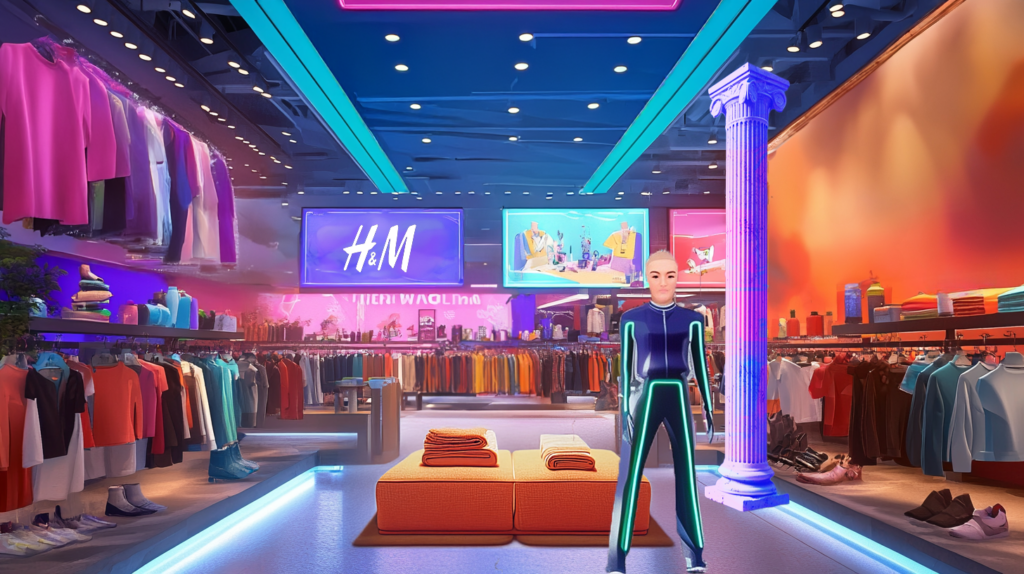
SHOP ROBOT: Patrick, buy more credits to upgrade!
CARMEN: They’re the system pulling your strings. “Powerlessness is amplified by the way algorithms and targeted advertising can manipulate consumer behavior, limiting genuine choice”(10). You’re surrounded by ads.
SHOP ROBOT: Patrick, 32 people just purchased products from the Autum collection.
PATRICK: This isn’t just shopping; it’s an experience, not just a transaction. The metaverse lets me explore a world that’s tailored for me, unique to who I am.
CARMEN: Tailored? Or programmed? “E-commerce, where human interactions are reduced to transactional exchanges”(11). It’s all code. There’s no freedom in that, Patrick.
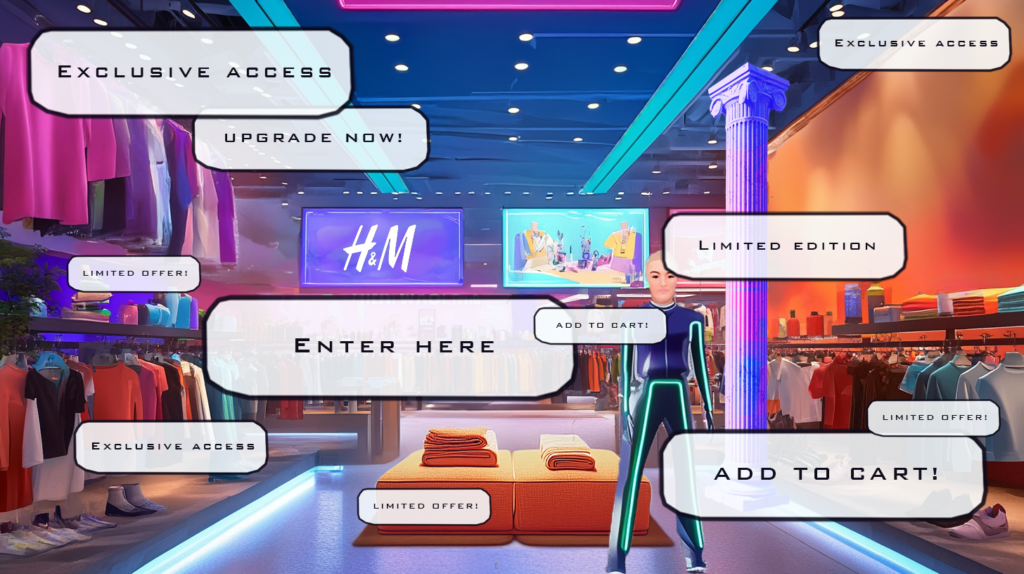
SHOP ROBOT: Shop robot: Patrick, you are one step away from purchasing model reference 020331!
PATRICK: It’s not control—it’s choice. “We’re shopping for experiences, identities, and realities we can live inside”(12).
CARMEN: And that’s exactly what’s empty. “The metaverse shopping exemplifies acceleration by making consumer goods instantly accessible, often leading to a cycle of consumption that is detached from personal need”(13). The more you give, the more control they have.
PATRICK: But don’t you see the potential for transformation? “The merging of human and machine holds the potential to elevate society to a cyborg super-society”(14). Technology is a tool that can facilitate new forms of collective intelligence and identity, leading to a society that can evolve beyond its current limitations. My vision of a “collective super-brain”(15) suggests that human lives, deeply integrated with artificial systems, can reshape reality itself.
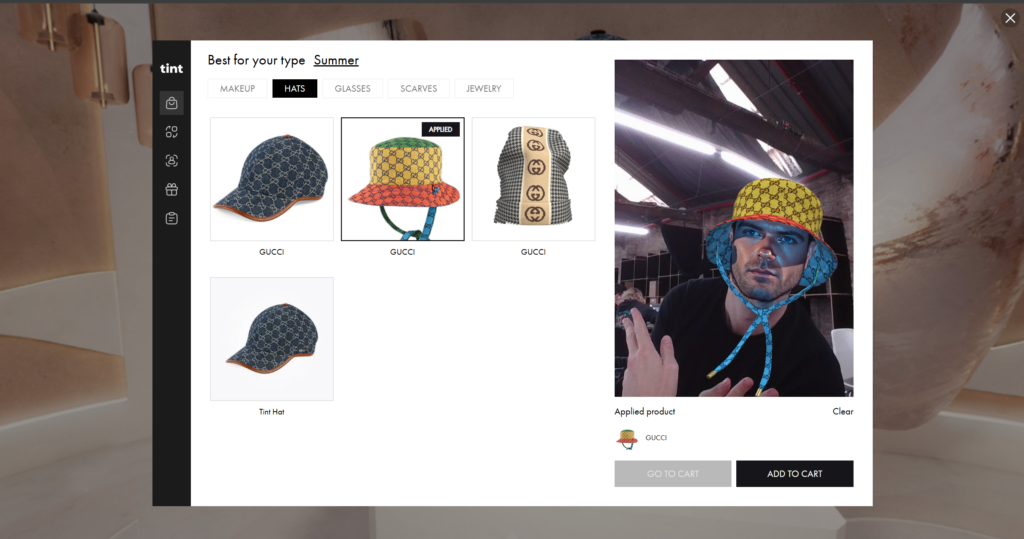
They each stand holding the same shirt, worlds apart.
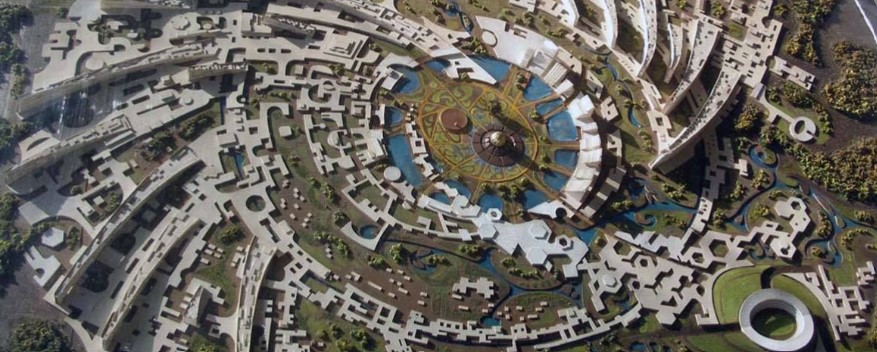
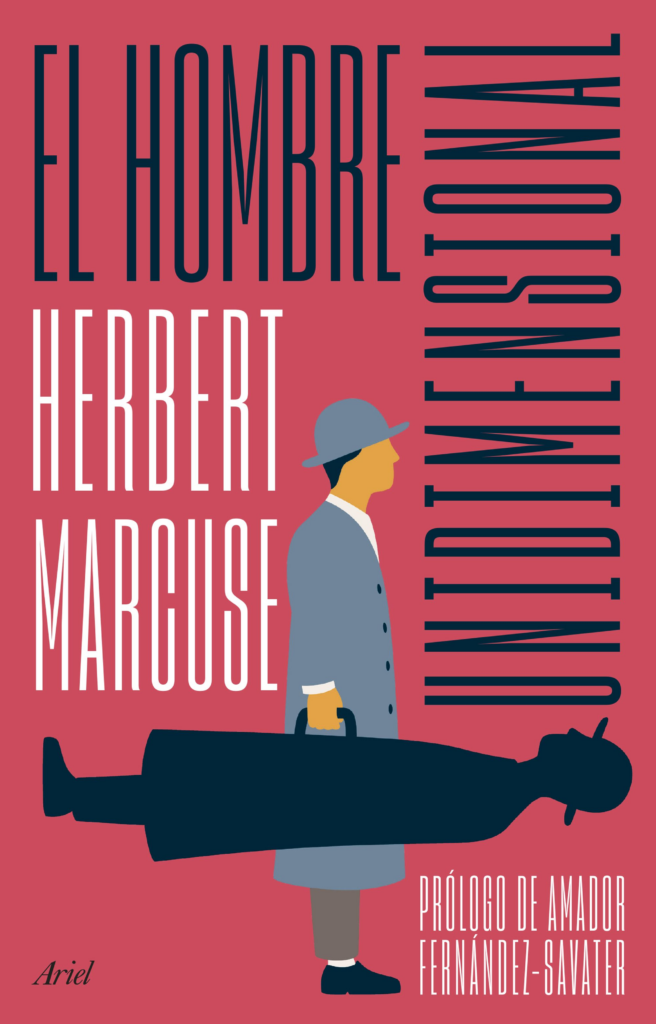
ACT 2 – POTENCY
Scene 1:
In the Seoul store. Carmen stands holding the shirt, clearly frustrated. Patrick, still in the metaverse, is monitoring the conversation from his virtual environment. Oliver, a perceptive salesman, approaches Carmen with a calm smile.
OLIVER: [gently] May I help you?
CARMEN: [sighs deeply] Maybe… I don’t know. It just feels like we’re all trapped in this system that’s slowly draining our power. “Our pleasures are increasingly pre-designed for us” (16). Everything seems controlled—our choices, our desires. It’s like we’re just puppets in someone else’s game. I’m Carmen by the way.
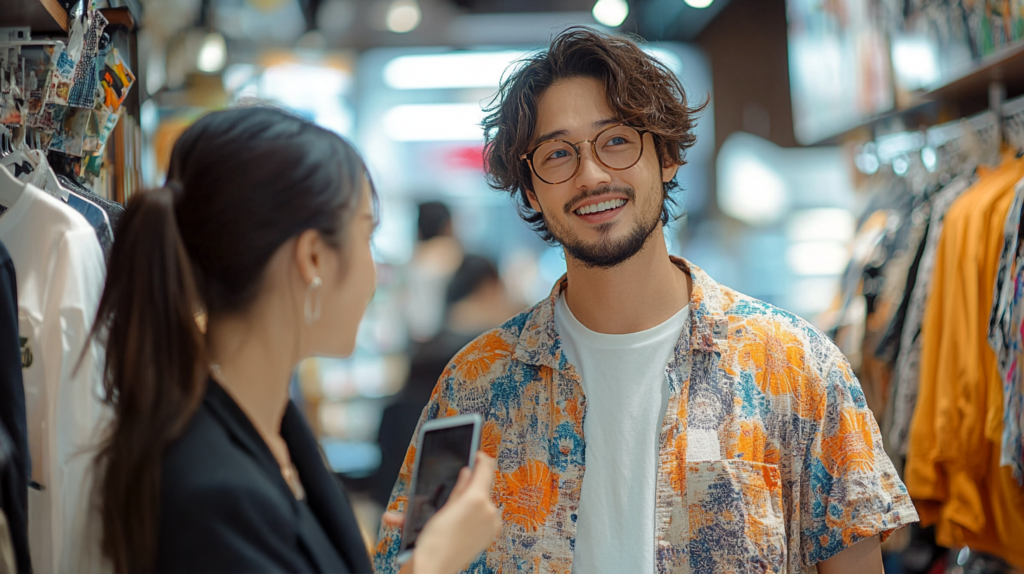
OLIVER: Nice to meet you, I am Oliver.
PATRICK: [laughing, almost bragging] who are you talking to? put on the speaker! But you’re missing something. In the metaverse, things aren’t pre-designed. “Virtual environments do not merely mirror reality; they reshape it, giving control to those who design and manipulate the digital landscapes”(17). I get to choose how things unfold here. It’s not manipulation—it’s freedom of choice.
SHOP ROBOT: Patrick, the 15% discount will end soon. Oliver: [nodding thoughtfully, looking between the two] I know that feeling too. But what if there’s another way? I come from Auroville, in India. Ever heard of it?
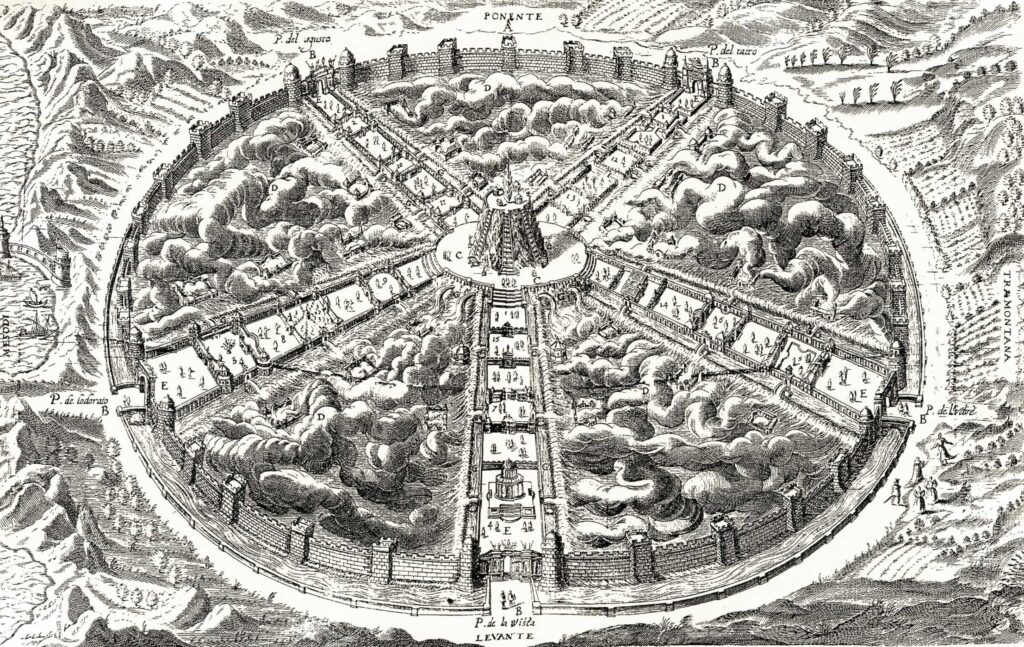
CARMEN: [intrigued but skeptical] Auroville? That’s the utopian community, right? Where everything is free—education, healthcare, even electricity. It’s supposed to be a model of a new world, but isn’t it just an isolated bubble? How does it interact with the outside world?
OLIVER: [pauses, thoughtful] Yes, it’s far from perfect, but the idea is different. “Auroville was meant to be an oasis from the modern world’s divisions and conflicts, but it was far from immune to them.”(18) But we have one guiding principle: before you join, you must know yourself beyond “social, moral, cultural, racial, and inherited appearances.”(19) It’s about transformation from within.
PATRICK: [cutting in] I get that, but “only those who cultivate wisdom and self-discipline are capable of achieving the harmony necessary to lead an ideal state.”(20) That’s what we need—inner growth. Auroville has a solid foundation, but technology can make this kind of idealism go further. We can create real harmony, not just within small communities but on a global scale.
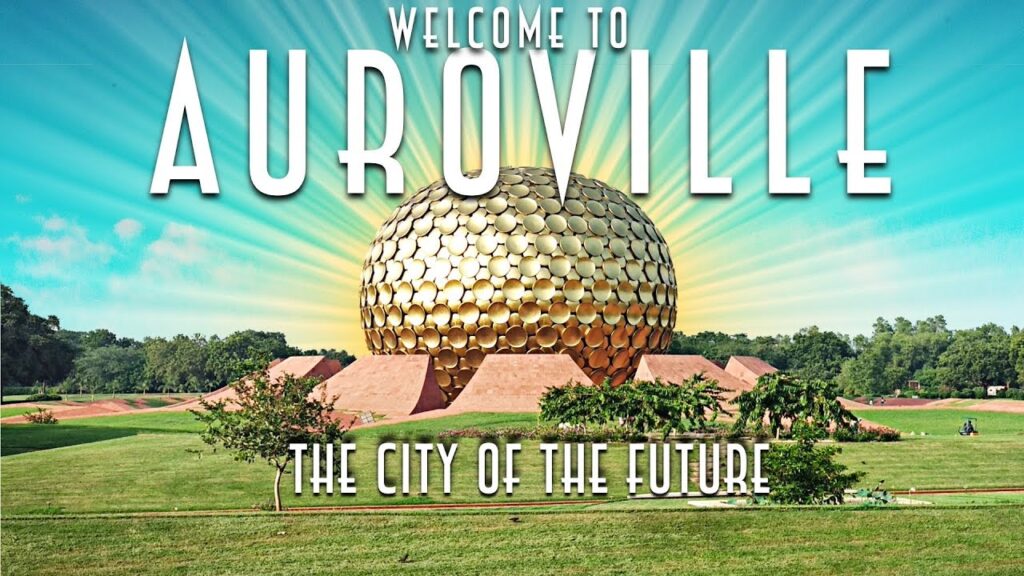
CARMEN: [shakes head] But it’s still isolated, Patrick. There is a future that can be imagined, and a future that can be constructed, but the future cannot be predicted or imposed. I might caution against seeing Auroville’s isolated spirituality as a solution to global crises. Can it engage with the struggles we face globally? I mean, if it’s just a retreat, what good is it to the rest of us? What impact does it really have?
OLIVER: [softly] It’s true, it’s small, but we’re not trying to change the whole world overnight. The point is to live in harmony, focus on sustainability, on inner peace. “As society’s challenges evolve, so to do the visions of utopia, moving from communal harmony to technological control, ecological balance, and beyond.”(21) Auroville is an experiment, just like the metaverse, just like your digital world. We each find our own way to envision the future.
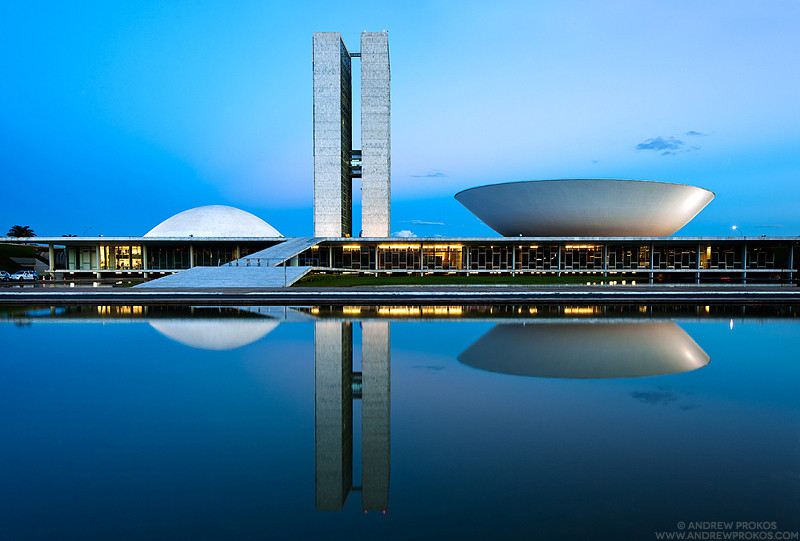
PATRICK: [enthusiastic] Exactly! That’s why the metaverse is perfect for this kind of experimentation. It’s not about retreating into isolation; it’s about creating spaces where we can try out new ideas. It’s “built environment is an indispensable part of societal communication processes.”(22) If we create a new kind of virtual environment, we can push the boundaries of what we understand as freedom, community, and progress.
SHOP ROBOT: Patrick, provide your personal details to sign up for an additional 10% discount.
CARMEN: [passionately] But that’s the problem, Patrick. “Futurability” isn’t just about personal freedom or trying out new identities. It’s about breaking free from the systems that limit us all. Potency, symbolizes the dormant creative energy and transformative power that could be mobilized if society overcomes its collective paralysis and reclaims its agency.
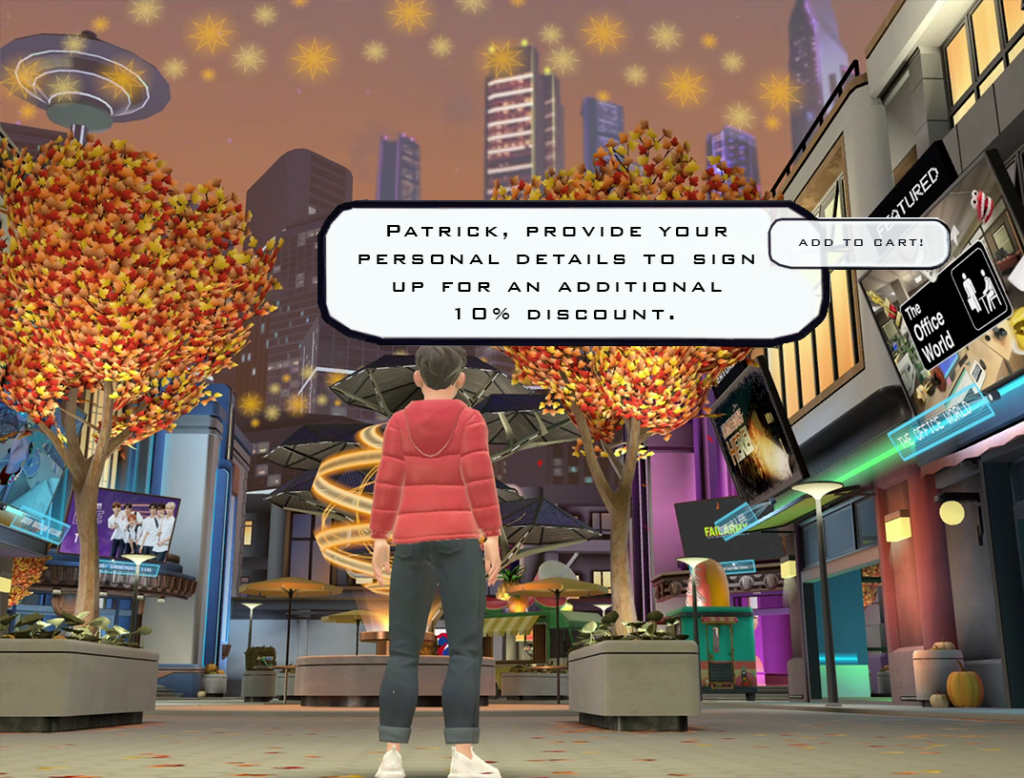
OLIVER: [pauses, reflecting] I get what you’re saying. But I still believe there’s hope. “Auroville is a manifestation of humanity’s highest aspirations, a place to surpass personal limitations and work collectively toward a shared dream.”(23) Maybe it’s not about fixing everything at once—it’s about building a foundation, a community, a sense of shared purpose. Maybe that’s the first step.
The conversation lingers in the air as Carmen stands holding the shirt, her mind grappling with the ideas of isolation versus collective action. Patrick, in his virtual space, watches as they both continue to explore their contrasting visions for the future

Organic, interconnected structures or diagrams showing networks and flows, representing the concept of “rhizomes” and the interconnectedness of social systems and ideas. This book heavily influences Berardi’s notions of decentralized potential within society

ACT 3 – POSSIBILITY
Scene 1:
A sudden ring echoes through Patrick’s apartment, making him jump. He taps his phone to check the doorbell, surprised to see it’s Evelyn.
PATRICK: [smiling in surprise] Evelyn! Didn’t expect you. Uh… want to join our little future debate? Carmen, Oliver, Evelyn’s here with me on the phone. [He puts her on speaker]
CARMEN: [on the call, intrigued] Evelyn, this is a surprise. Glad you’re joining — we were just debating the role of possibility in creating real change.
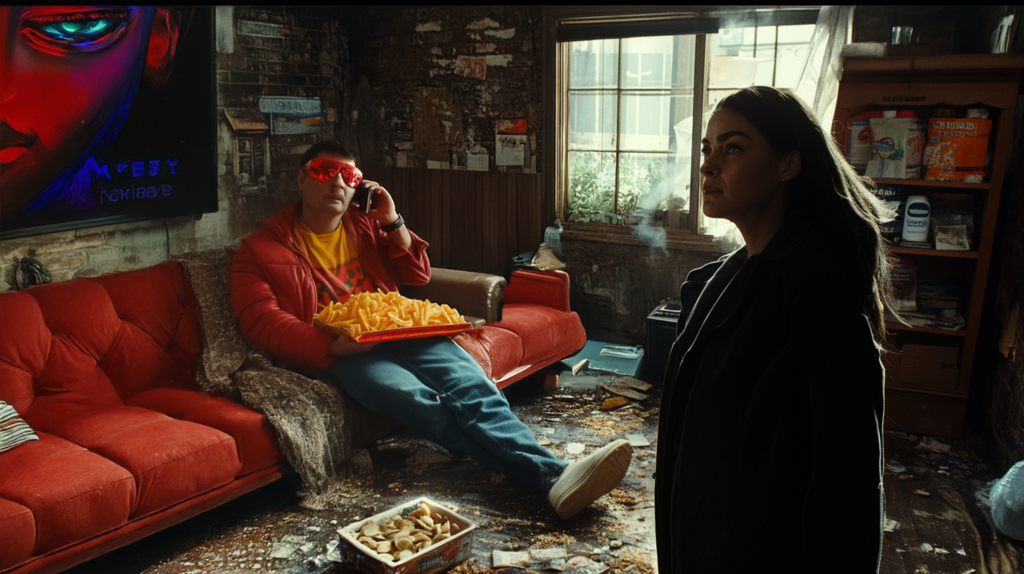
EVELYN: [smirking, a hint of irony] Ah, possibility. [She glances around Patrick’s high-tech space] All this talk about “future” and “change.” It’s a bit much, don’t you think? “The future is a wasteland. What has been will be again, but no one will care.”(24)
PATRICK: [grinning] You’re underestimating it. The future isn’t a wasteland; it’s a playground! With virtual reality, we can finally explore worlds that haven’t even formed yet. “The virtual environment acts as a laboratory for potential futures.”(25)
SHOP ROBOT: Patrick, here are more options based on your previous selection.
EVELYN: [dryly] You mean, escape into another illusion? “In the liquid modern world, things don’t last. The past and the future have lost their meaning. Only the present is relevant, but it’s impossible to know how to live it.”(26)
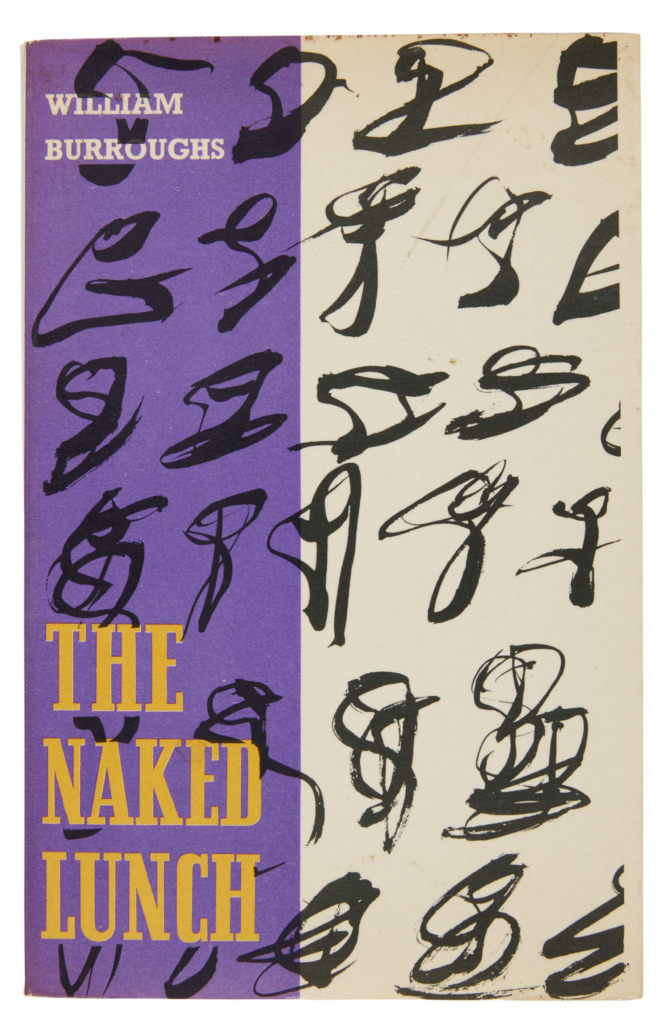
OLIVER: [thoughtful] That’s the very problem Auroville tries to address. “Auroville wants to be a universal town where men and women of all countries are able to live in peace and progressive harmony above all creeds, all politics and all nationalities.”(27) And maybe, Carmen, it’s what you mean by “futurability” as “a layer of possibility that may or may not develop into actuality.”(28)
CARMEN: Exactly, Oliver. We don’t have to resign ourselves to a wasteland. Futurability means we’re never entirely locked into one reality. Instead, we live in “a field of bifurcations” — each step opens up something new.
PATRICK: “Architecture and urbanism are calling for an expanded mode of reasoning and planning, not grounded in the past, but in shaping new futures.”(29) And that’s why we need tools like the metaverse. Not to escape, but to explore. It’s a way to test ideas, practice change. Imagine running simulations of new social models, new economies — all without real-world consequences until we’re ready to make them real.
SHOP ROBOT: Patrick, dont forget to sign up!
EVELYN: [challenging] Or just another mirage. What happens when those futures collapse the moment we try to live them outside of these screens? We’re still caught in the same cycles.
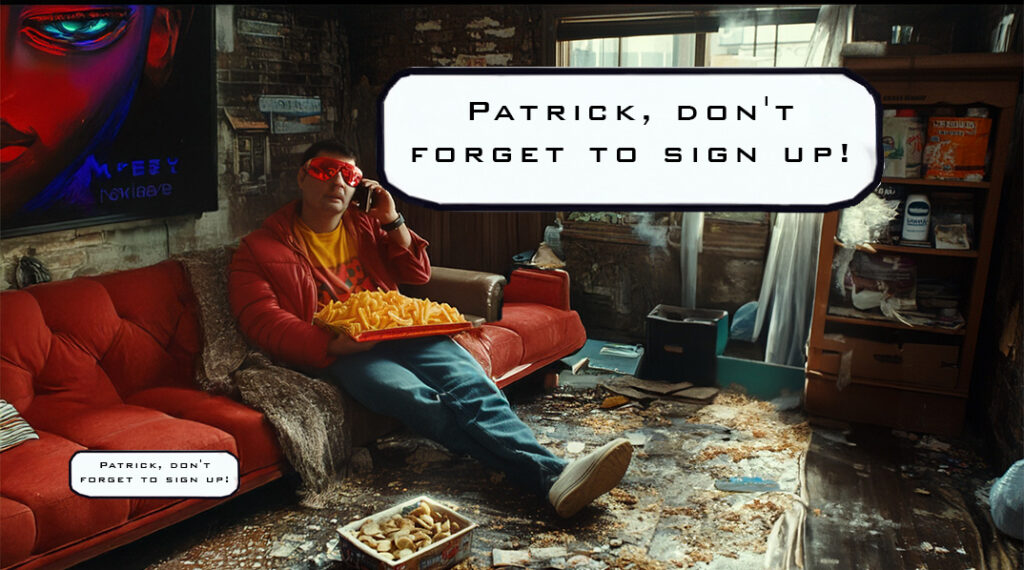
CARMEN: [firmly] But real change doesn’t happen on screens alone. “In order to turn possibility into form, the subject with potency has to dispense with power.”(30) We have to reject the system that wants to turn everything into a controllable, profitable entity.
PATRICK: [pauses, a little thrown] Okay, I see your point, but isn’t it possible that all this tech — this “virtual field” — might still have the potential to transform us, even subtly? It’s ripe with potential, isn’t it?
EVELYN: [sighing, resigned] Potential for what, though? We can’t cling to illusions forever. Possibility isn’t change. If it’s all ephemeral, what difference does it make?

CARMEN: Epigenesis. That is the right way to illustrate the concept of potentiality and possibility. An egg represents a state of latent potential, where future forms and transformations are possible but have not yet materialized. A symbol of futurability, it holds within it the potential for life—an entire organism waiting to emerge.
OLIVER: Maybe, but each act of imagining, of building something new, plants a seed. It’s how societies evolve. “Utopian ideals allow us to explore hidden possibilities, planting seeds for social transformation.”(31)
CARMEN: “The contemporary impotence is rooted in the dismantling of every possibility of autonomy and self-organization.”(32) is Utopia still a useful notion to think about the future? Or is the concept of futurability, with its emphasis on openness and creative possibility, a more relevant framework for imagining change today?
The conversation fades, leaving them all contemplative, the weight of their visions hanging between possibility and reality
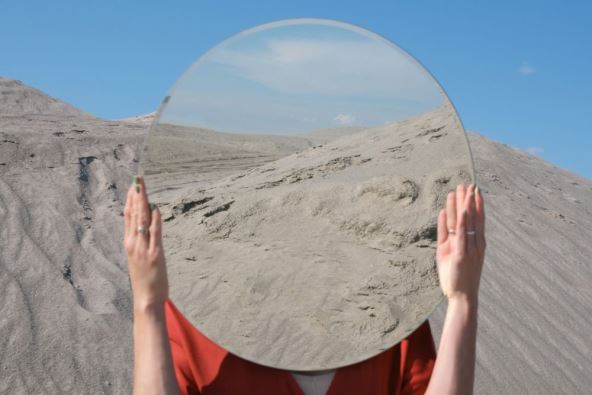
Bibliography
(1) Schumacher, Patrik, and Xuexin Duan. “An Architecture for Cyborg Super-Society.” In Architectural Intelligence: Selected Papers from the 1st International Conference on Computational Design and Robotic Fabrication (CDRF 2019), pp. 31-58. Springer Singapore, 2020.
(2) Franco Berardi, Futurability-Age of Impotence and the Horizon of Possibility, 2017 – p.54-105
(3) Kevin Kelly, The Inevitable, , 2016, p. 146
(4) Heim, Michael, The Metaphysics of Virtual Reality. . Oxford: Oxford University Press, 1993, p. 23-547.
(5) Klaus Schwab, The Fourth Industrial Revoution, 2016, P.56
(6) Shoshana Zuboff, The Age of Surveillance Capitalism”, 2019, P.13-48
(7) Yuval Noah Harari, Homo Deus, 2015, p 63
(8) Bown, The Playstation Dreamworld, 2017, p. 12
(9)Kapur, Akash. Auroville: Dream and Reality. Auroville Press, 2007.
(10) Auroville. “Auroville: The City the Earth Needs.” Accessed November 8, 2024. https://auroville.org/.
(11) Blackburn, Plato’s Republic: A Biography, 2006, p. 34
(12) Claeys, Gregory, ed. The Cambridge Companion to Utopian Literature. Cambridge: Cambridge University Press, 2010., p. 78
(13) Majumdar, Anu. Auroville: A City for the Future. New Delhi: Penguin India, 2010.
(14) Schumacher, Patrik. “The metaverse as opportunity for architecture and society: design drivers, core competencies.” Architectural Intelligence 1, no. 1 (2022): 11.
(15) Zygmunt Bauman, Liquid Modernity, 1999 (16) The Naked Lunch, William S Burroughs, 1959

